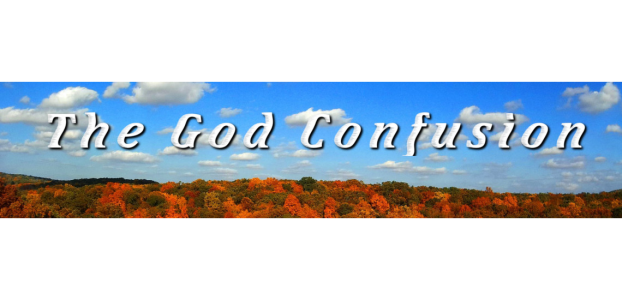At a recent dinner I had with friends, an ardent atheist and a member of the clergy rehashed an argument that most of us are familiar with:
Believing in God is an inexcusable lapse — said one person — a blatant retreat from the obvious advances of science. So religion and God properly belong with superstition in the trash-heap of history.
The other countered that such a position is based on a naive misunderstanding of God and religion. There is no conflict between God and science, or between religion and modernity. It’s ignorance that makes some people think they have to choose.
The first person retorted that he knew exactly what God was. It was the clergy member, he said, who was trying to redefine God in a last-ditch effort to salvage religion.
And so it went: God isn’t a white-bearded magician in the sky. No, it’s worse: God is a vindictive and petty tyrant. God is the source of morality. Atheists don’t need God to be moral. That’s because atheists learned about morality from religion. Religion is the root of all evil. What about Stalin? There are evil priests, too. And on, and on.
Though it had the structure of a conversation, it was, in fact, two tirades, with each interlocutor underscoring sometimes valid observations, but neither one listening to the other, with the result that each one walked away in bewilderment: How could anyone believe that?!
Episodes such as these have become commonplace, bringing the din of confusion and misunderstanding to dinner parties and on-line forums, to prime-time television and even legislative bodies.
“The God Confusion” is a start at turning tirades like these back into a productive conversation. I hope you’ll add your voice.
